
Revelations that a prominent U.S. cardinal sexually abused and harassed his adult seminarians have exposed an egregious abuse of power that has shocked Catholics on both sides of the Atlantic. But the Vatican has long been aware of its heterosexual equivalent — the sexual abuse of nuns by priests and bishops — and done little to stop it, an Associated Press analysis has found.
An examination by the AP shows that cases of abused nuns have emerged in Europe, Africa, South America and Asia, demonstrating that the problem is global and pervasive, thanks to the sisters’ second-class status in the church and their ingrained subservience to the men who run it.
Yet some nuns are now finding their voices, buoyed by the #MeToo movement and the growing recognition that even adults can be victims of sexual abuse when there is an imbalance of power in a relationship. The sisters are going public in part to denounce years of inaction by church leaders, even after major studies on the problem in Africa were reported to the Vatican in the 1990s.
“It opened a great wound inside of me,” one nun told the AP. “I pretended it didn’t happen.”
Wearing a full religious habit and clutching her rosary, the woman broke nearly two decades of silence to tell AP about the moment in 2000 when the priest to whom she was confessing her sins forced himself on her, mid-sacrament.
The assault — and a subsequent advance by a different priest a year later — led her to stop going to confession with any priest other than her spiritual father, who lives in a different country.
The extent of the abuse of nuns is unclear, at least outside the Vatican. However, this week, about half a dozen sisters in a small religious congregation in Chile went public on national television with their stories of abuse by priests and other nuns — and how their superiors did nothing to stop it.
A nun in India recently filed a formal police complaint accusing a bishop of rape, something that would have been unthinkable even a year ago. And cases in Africa have come up periodically; in 2013, for example, a well-known priest in Uganda wrote a letter to his superiors that mentioned “priests romantically involved with religious sisters” — for which he was promptly suspended from the church until he apologized in May.
“I am so sad that it took so long for this to come into the open, because there were reports long ago,” Karlijn Demasure, one of the church’s leading experts on clergy sexual abuse and abuse of power, told AP in an interview.
The Vatican declined to comment on what measures, if any, it has taken to assess the scope of the problem globally, or to punish offenders and care for victims. A Vatican official said it is up to local church leaders to sanction priests who sexually abuse sisters.
The official, who spoke on condition of anonymity because he wasn’t authorized to speak on the issue, said the church has focused much of its attention on protecting children, but that vulnerable adults “deserve the same protection.”
“Consecrated women have to be encouraged to speak up when they are molested,” the official told AP. “Bishops have to be encouraged to take them seriously, and make sure the priests are punished if guilty.”
But being taken seriously is often the toughest obstacle for sisters who are sexually abused, said Demasure, until recently executive director of the church’s Center for Child Protection at the Pontifical Gregorian University, the church’s leading think tank on the issue.
“They (the priests) can always say ‘she wanted it,’” Demasure said.
Demasure said many priests in Africa, for example, struggle with traditional and cultural beliefs in the importance of having children. Novices are particularly vulnerable because they often need a letter from their parish priest to be accepted into certain religious congregations.
“And sometimes they have to pay for that,” she said.
And when these women become pregnant?
“Mainly, she has an abortion. Even more than once. And he pays for that. A religious sister has no money. A priest, yes,” she said.
There can also be a price for blowing the whistle.
In 2013, the Rev. Anthony Musaala in Kampala, Uganda, wrote a letter to members of the local Catholic establishment about “numerous cases” of alleged sex liaisons of priests, including with nuns. He was suspended until he issued an apology in May, even though Ugandan newspapers regularly report cases of priests caught in sex escapades.
Archbishop John Baptist Odama, leader of the Ugandan conference of bishops, told the AP that allegations against individual priests should not be used to smear the whole church.
“Individual cases must be treated as individual cases,” he said.
The reports in the 1990s were prepared by members of religious orders for top church officials. In 1994, the late Sr. Maura O’Donohue wrote about a six-year, 23-nation survey, in which she learned of 29 nuns who had been impregnated in a single congregation.
Nuns, she reported, were considered “safe” sexual partners for priests fearing infection with HIV from prostitutes or other women.
The reports were never meant to be made public, but the U.S. National Catholic Reporter put them online in 2001. To date, the Vatican hasn’t said what, if anything, it ever did with the information.
Complete Article ↪HERE↩!

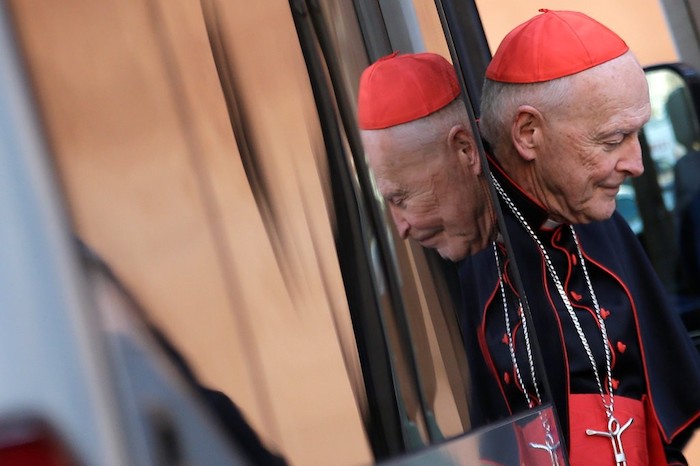
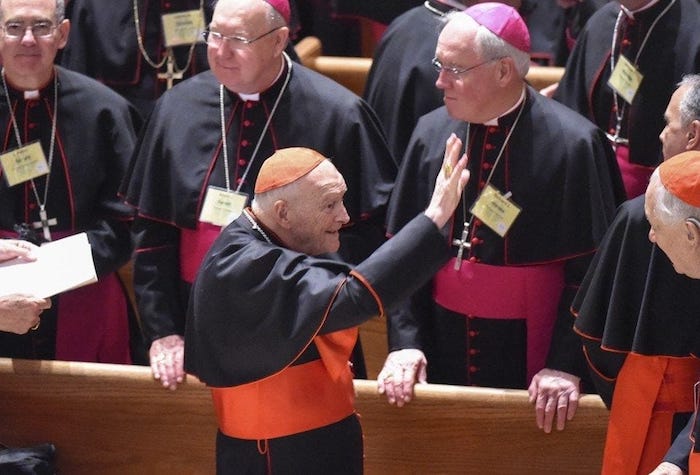
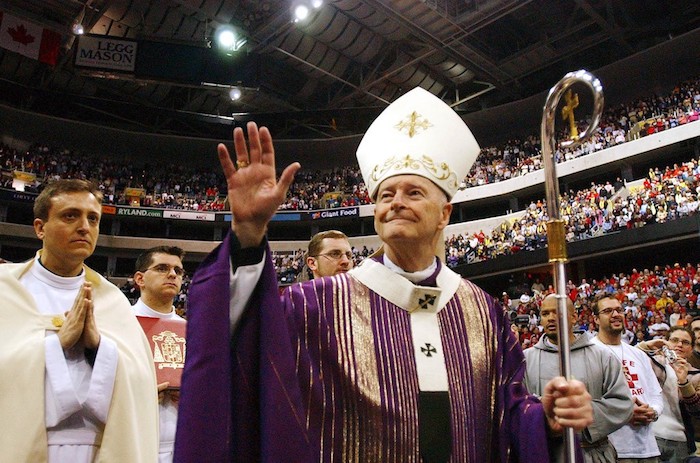
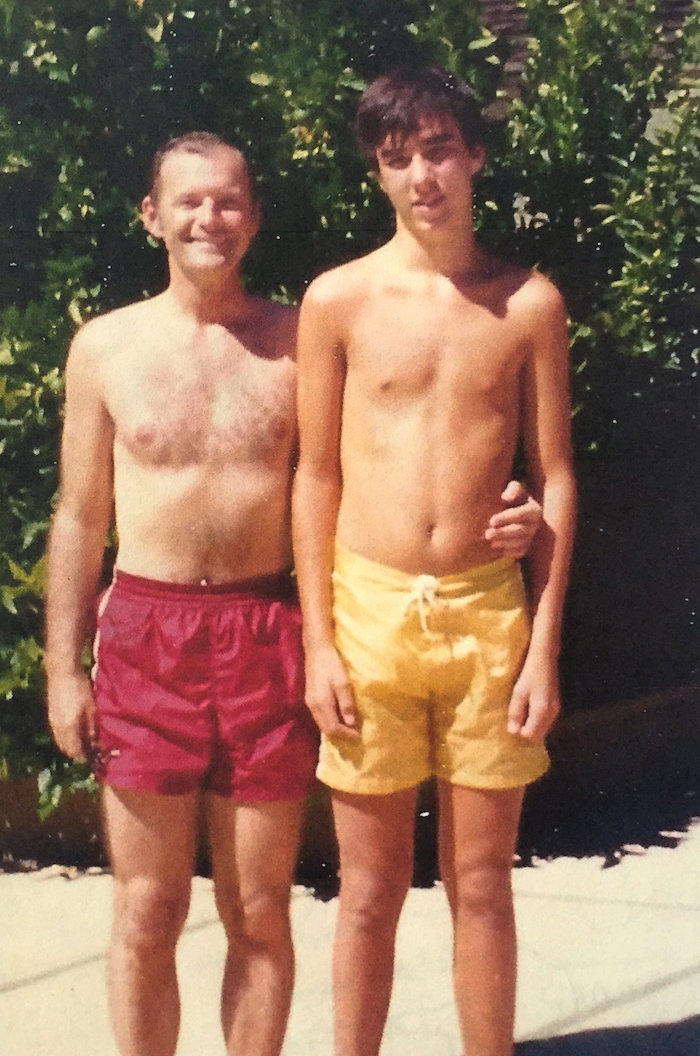
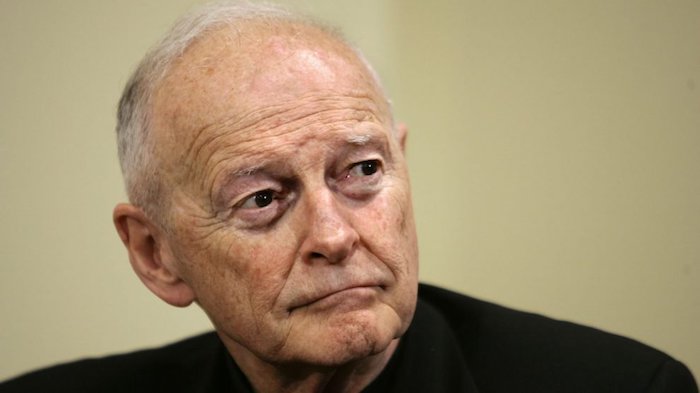
 There is universal agreement that those who have sex with minors should be prosecuted as criminals and expelled from the priesthood. But what about violations with adults? Are there other sexual violations that should be treated by the church with zero tolerance?
There is universal agreement that those who have sex with minors should be prosecuted as criminals and expelled from the priesthood. But what about violations with adults? Are there other sexual violations that should be treated by the church with zero tolerance?